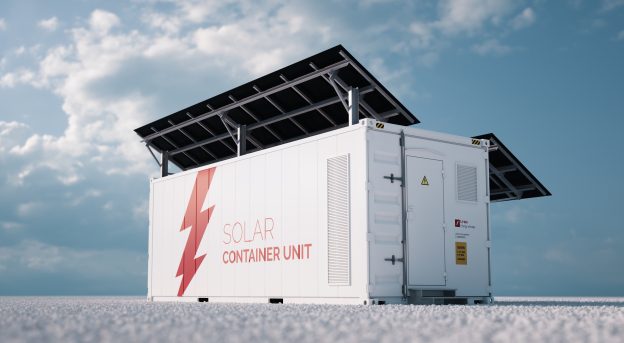Hawaiian Electric has introduced a new program, known as the Smart Renewable Energy or Smart DER program, which aims to replace most of its existing rooftop solar programs. This initiative is designed to establish payment rates for homeowners who have installed solar panels and contribute electricity back to the grid. However, it is important to note that participants in Hawaiian Electric's Customer Self Supply or Standard Interconnection Agreement programs are not obligated to switch to the Smart Renewable Energy program. Nevertheless, if they choose to switch, they will receive payments for the electricity they send back to the grid. In addition to the changes in the solar program, customers who have installed energy storage batteries will experience a reduction in payment rates under the new system. Hawaiian Electric is phasing out its Battery Bonus program, which previously offered customers with storage batteries an upfront credit of $850 per committed kilowatt (KW). Instead, the company is introducing a Bring Your Own Device program, which provides an upfront credit of $100 per committed KW.
These changes are part of Hawaii's efforts to achieve its ambitious goal of sourcing all of its electricity from renewable sources by the year 2045. The state is collaborating with energy companies like Hawaiian Electric to increase the adoption of clean energy through solutions such as rooftop solar installations. The Smart Renewable Energy program represents a significant step towards achieving Hawaii's clean energy objectives. By incentivizing homeowners to install solar panels and participate in the grid-sharing program, the state aims to reduce its reliance on traditional power sources and transition towards a more sustainable and renewable energy future. Furthermore, the introduction of the Bring Your Own Device program for energy storage batteries is expected to encourage more customers to invest in storage technologies. This program offers a lower upfront credit compared to the previous Battery Bonus program, but it still provides an incentive for customers to integrate battery storage systems into their homes. Overall, these initiatives demonstrate Hawaii's commitment to promoting clean energy and reducing carbon emissions. By encouraging the adoption of rooftop solar and energy storage solutions, Hawaiian Electric is contributing to the state's vision of a fully renewable energy grid by 2045.
Starting from April 1, customers of Hawaiian Electric who utilize rooftop solar panels have had the opportunity to enroll in the newly introduced Smart Renewable Energy program. This initiative aims to consolidate most of the existing programs designed for customers with rooftop solar installations, as announced by the company in a press release on April 1. The changes, which were approved by the Hawaii Public Utilities Commission, are set to enhance grid resilience and support the use of renewable energy among Hawaiians, according to the press release from Hawaiian Electric. Customers who are currently participating in specific programs, such as Hawaiian Electric's Customer Grid Supply and Smart Export programs, will be required to transition to the Smart Renewable Energy export track within a span of seven years. However, those enrolled in Hawaiian Electric’s Net Energy Metering and Net Energy Meeting Plus programs do not need to make any alterations. The Smart Renewable Energy program offers variable payments for solar power that is fed back into the grid, depending on the time of day and the customer's location. For instance, customers on the island of Maui can expect to receive approximately 7 cents per kilowatt-hour (kWh) during the daytime, 18 cents per kWh during the evening peak period, and 13 cents per kWh overnight. Additionally, the Bring Your Own Device (BYOD) program has been established to provide compensation to customers who install battery storage systems. Although the BYOD program offers a lower upfront payment compared to the previous Battery Bonus program, it still provides a monthly credit of $5 per committed kilowatt, along with an initial credit of $100 per committed kilowatt. These developments are part of Hawaii's broader efforts to promote cleaner energy solutions and reduce dependence on traditional power sources. By streamlining the various rooftop solar programs under the Smart Renewable Energy initiative and introducing the BYOD program for battery storage, Hawaiian Electric is contributing to the state's goal of achieving a fully renewable energy grid by the year 2045.






